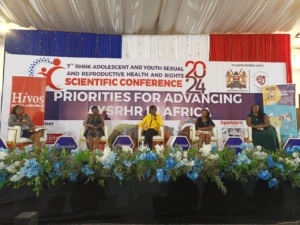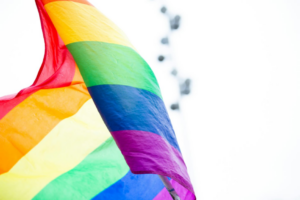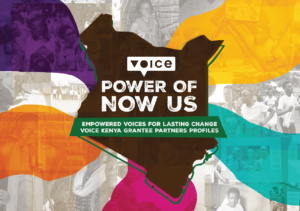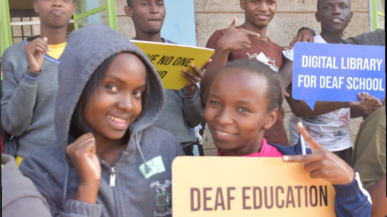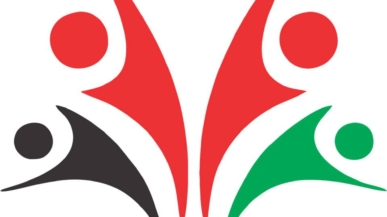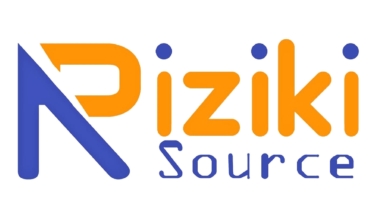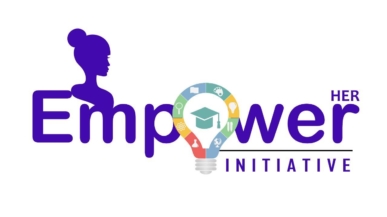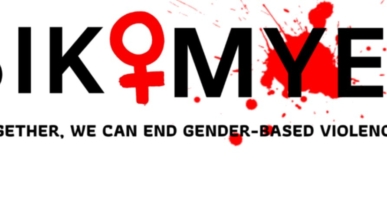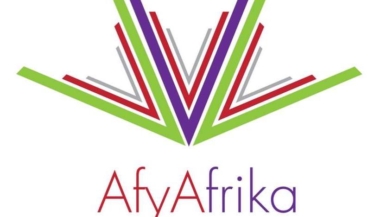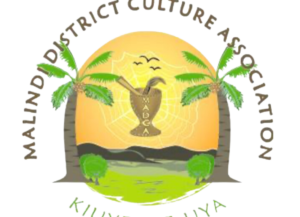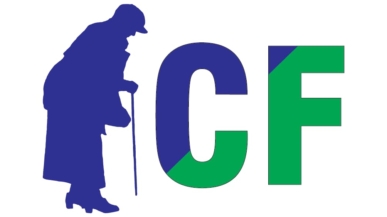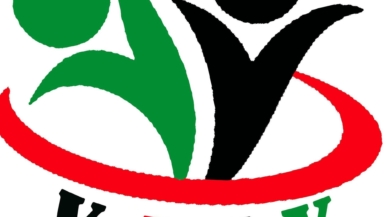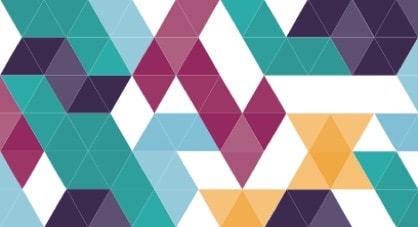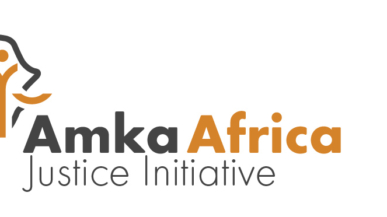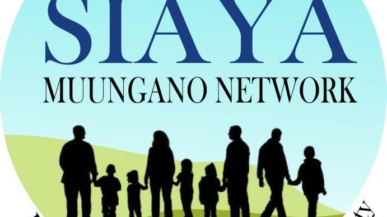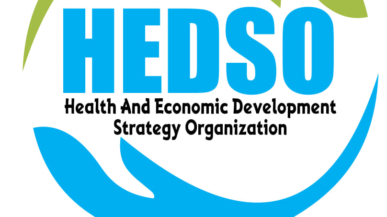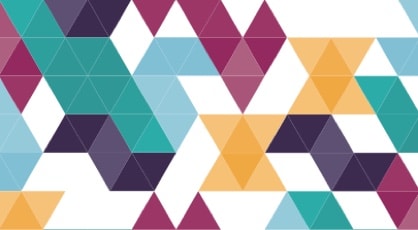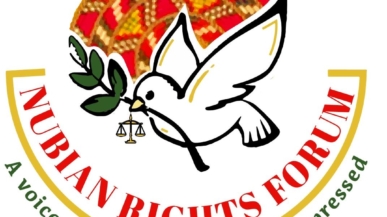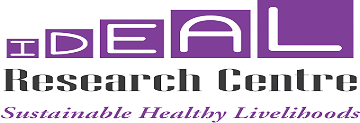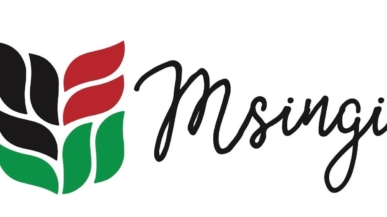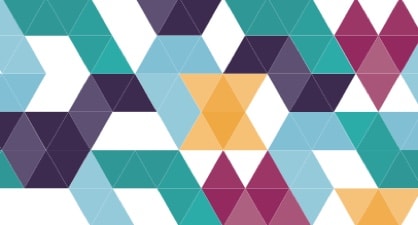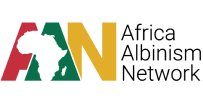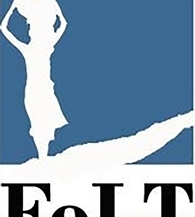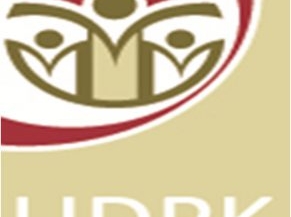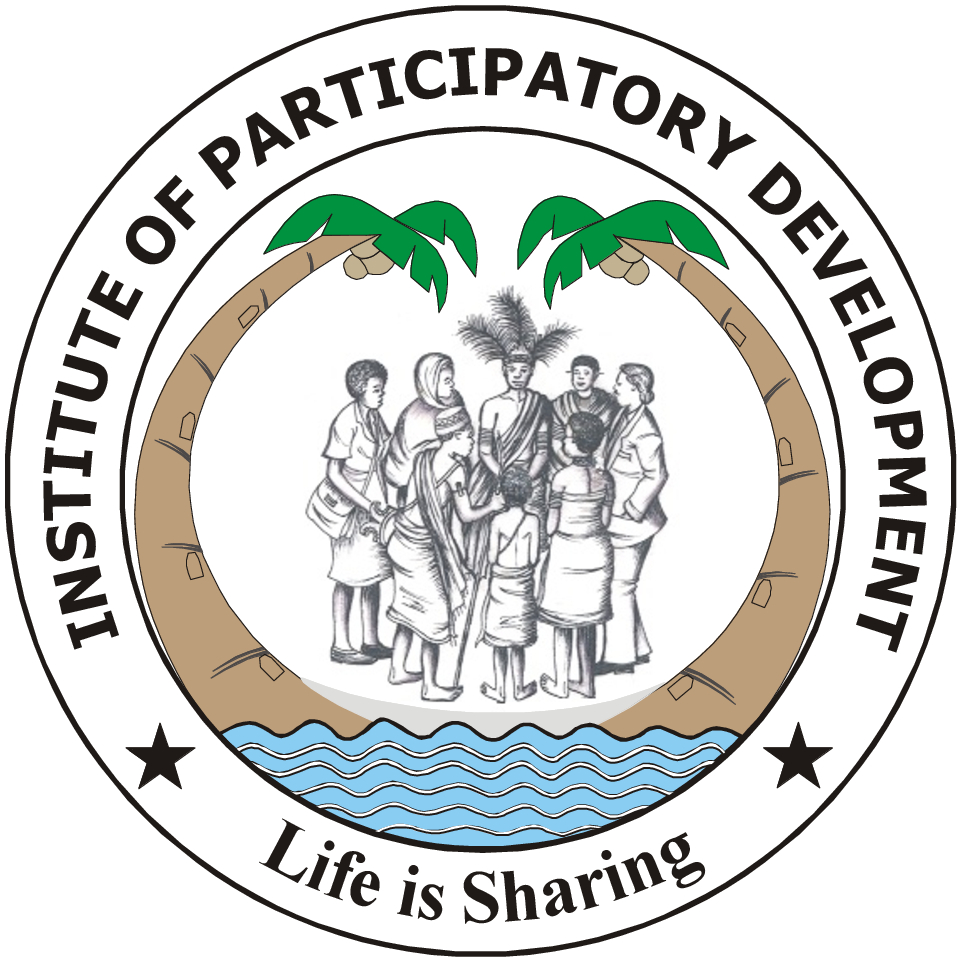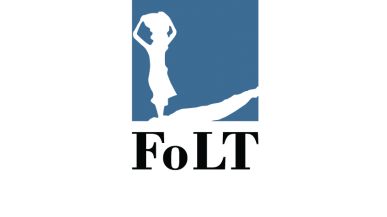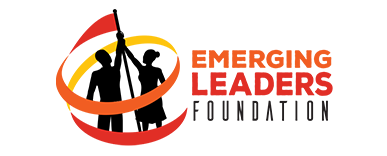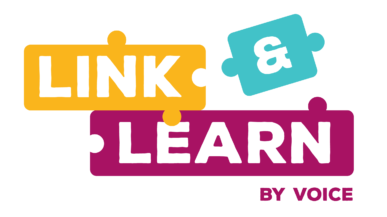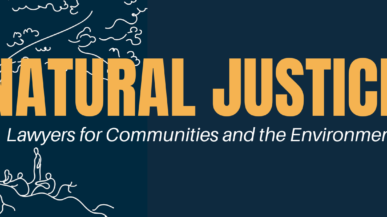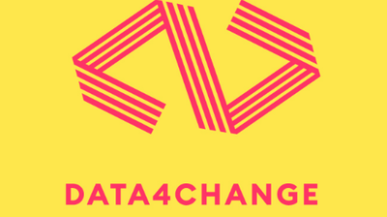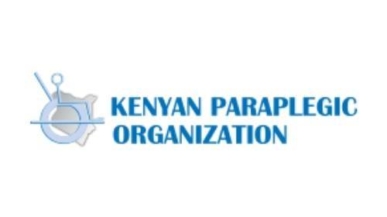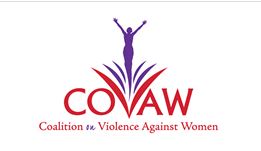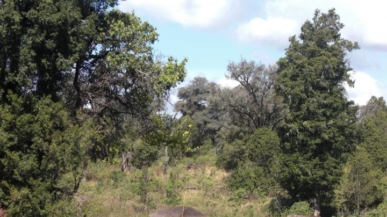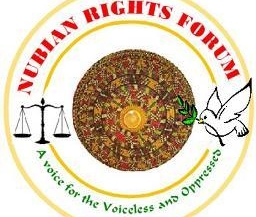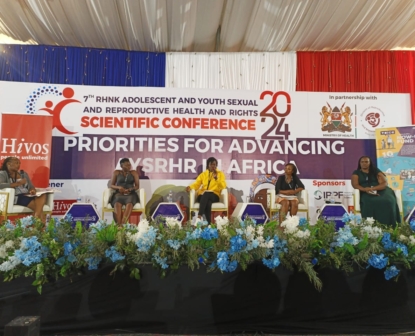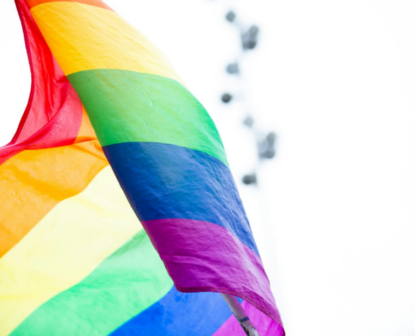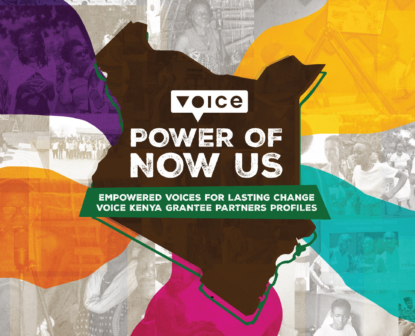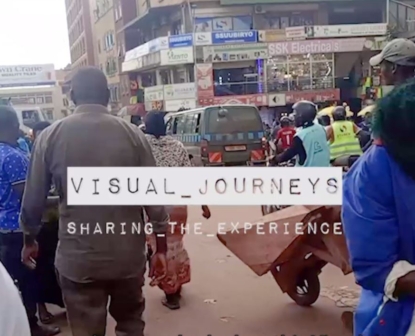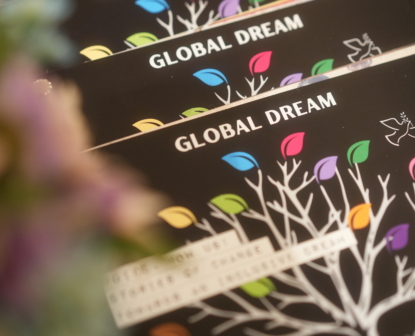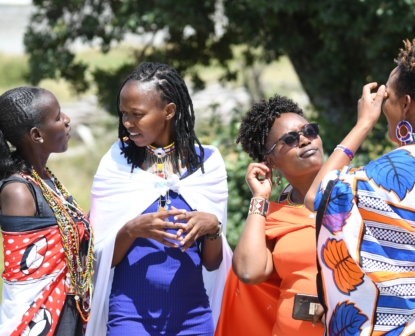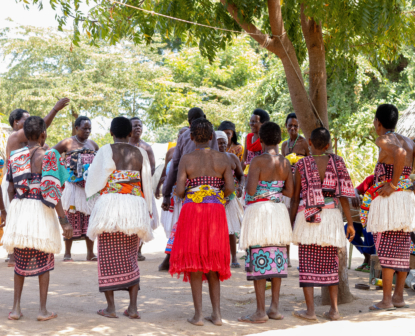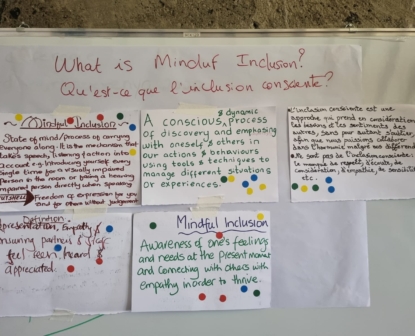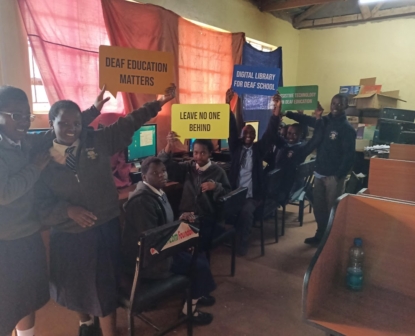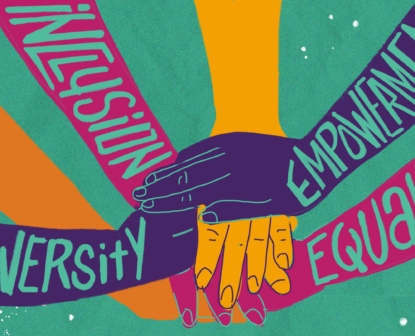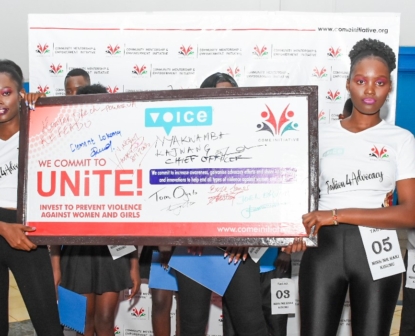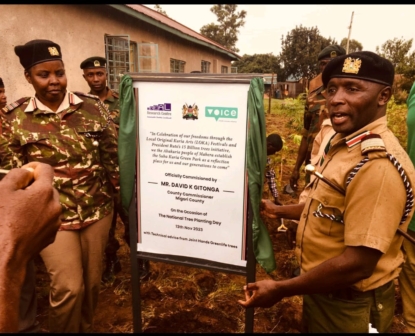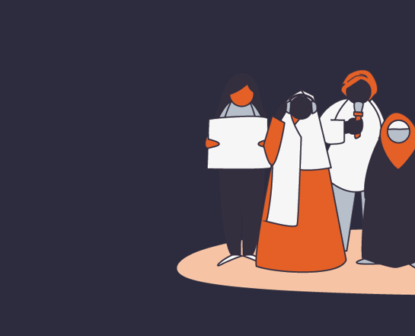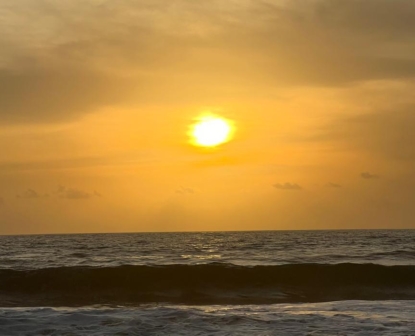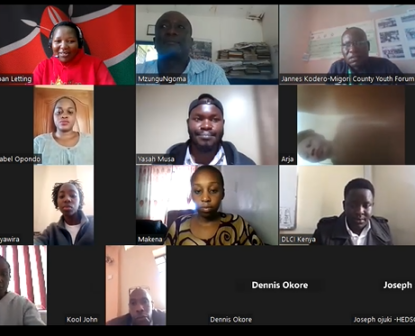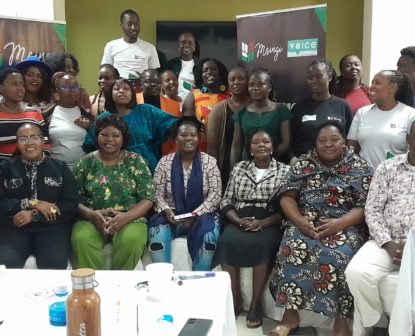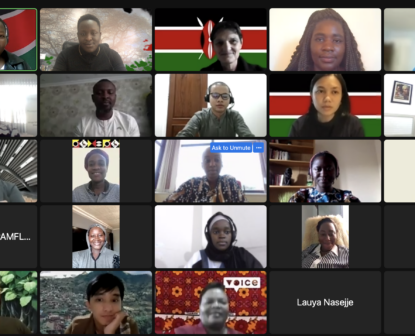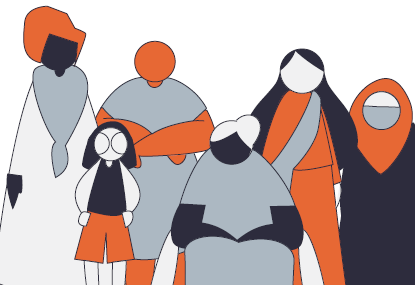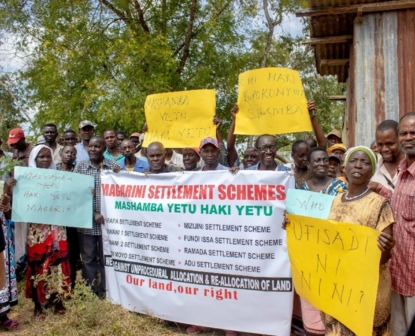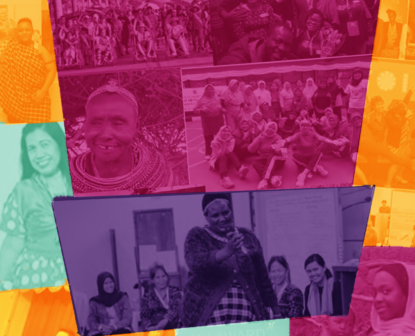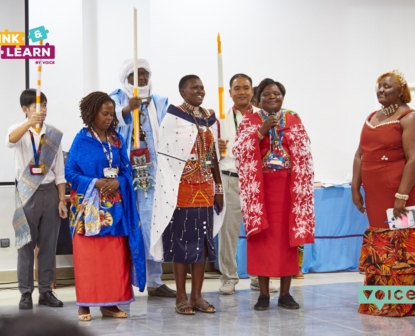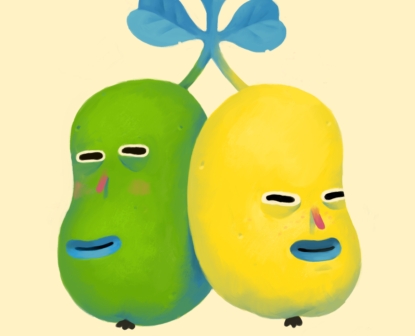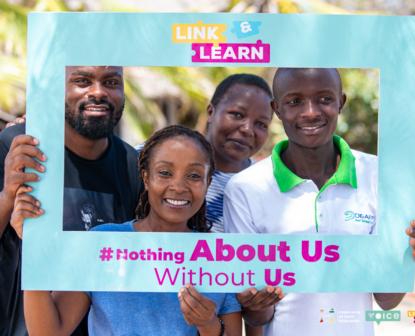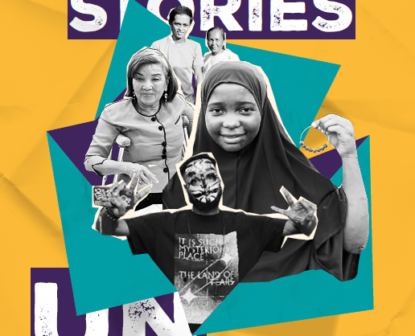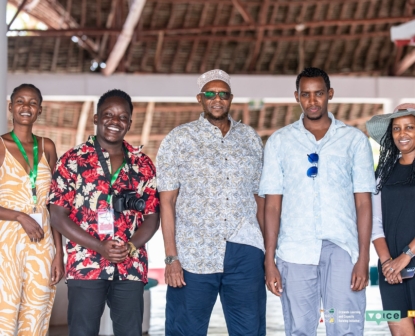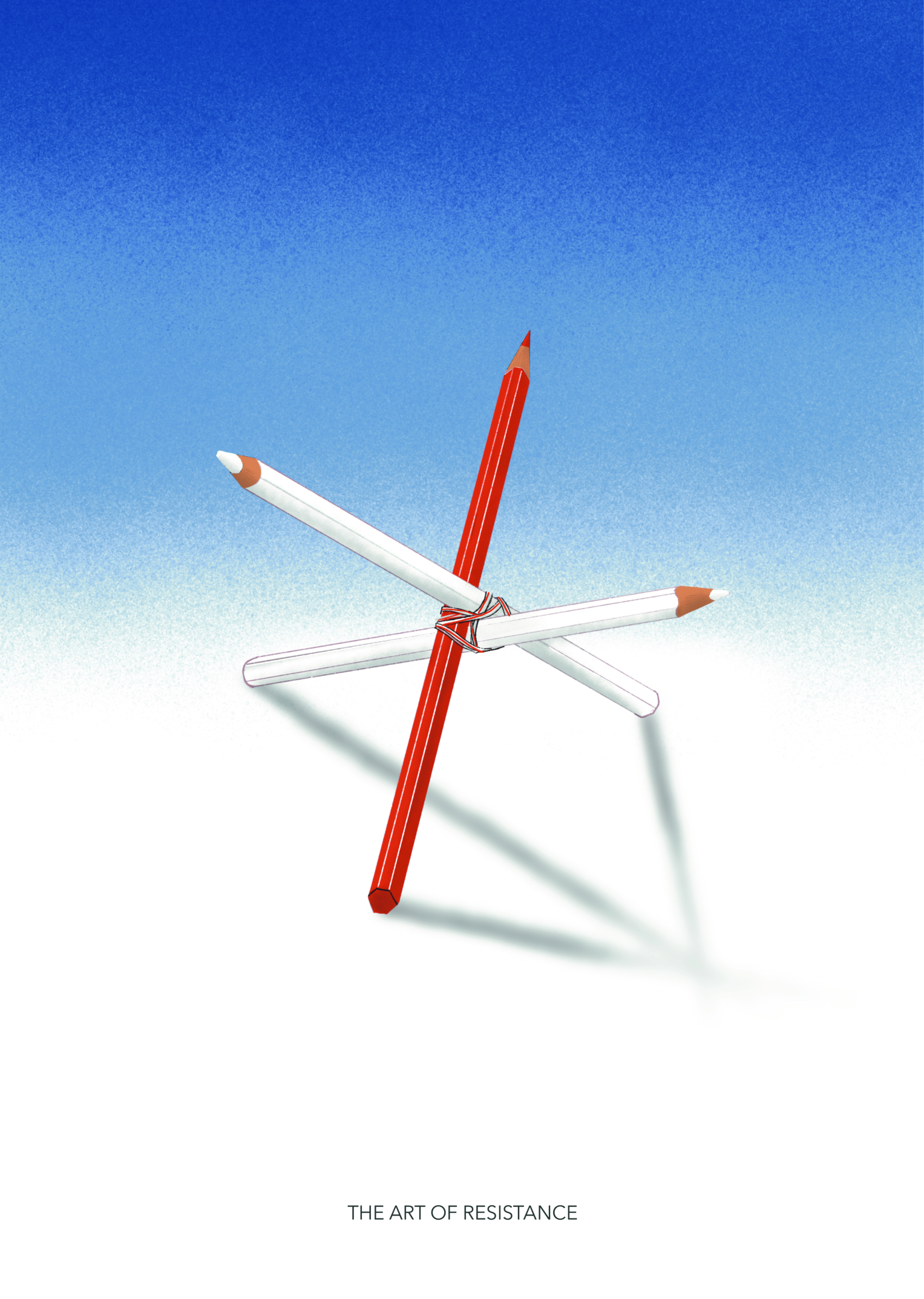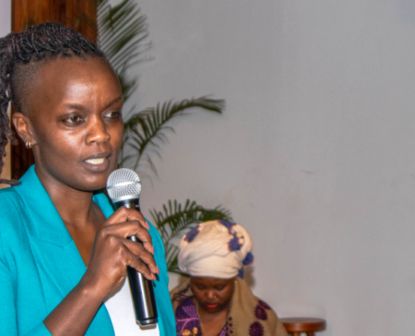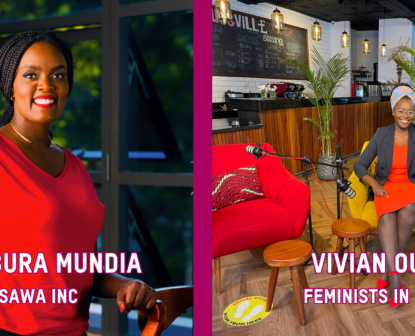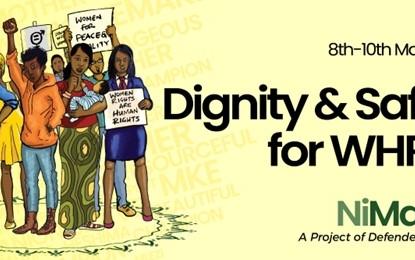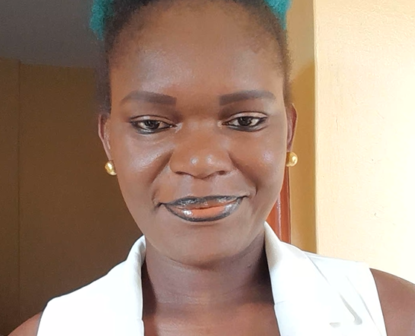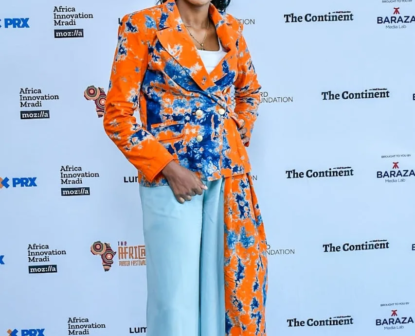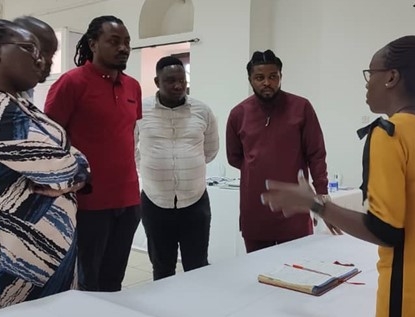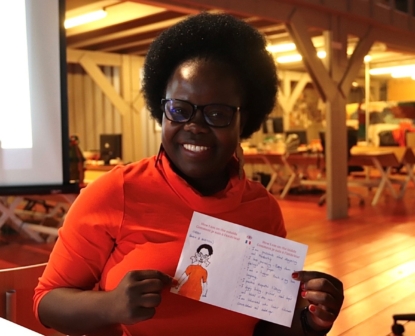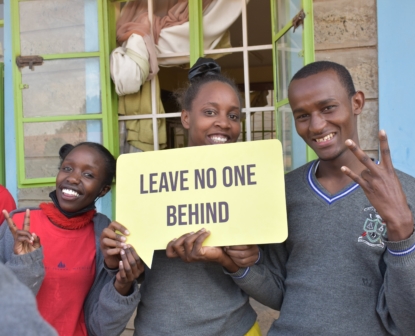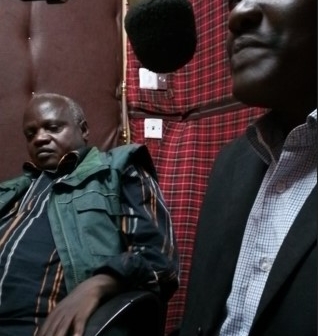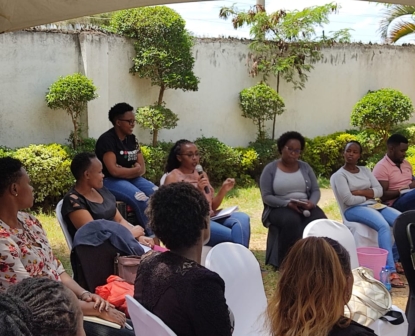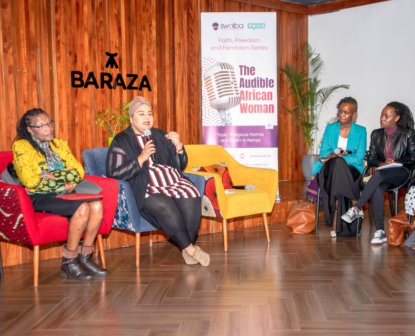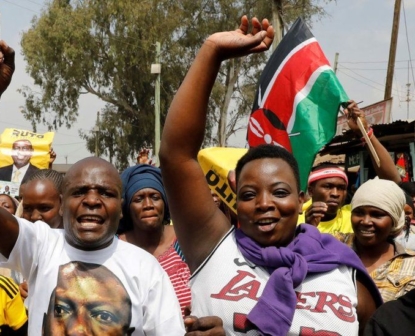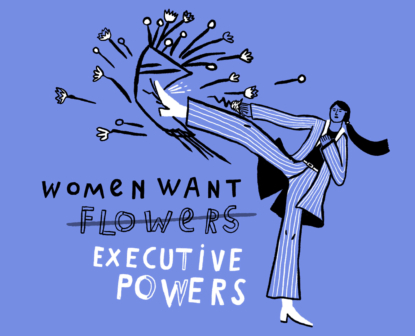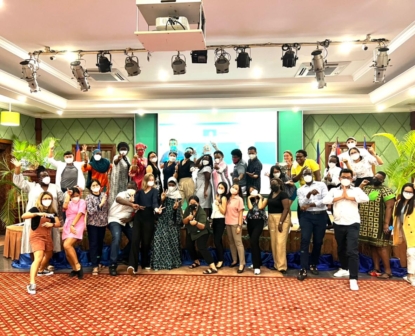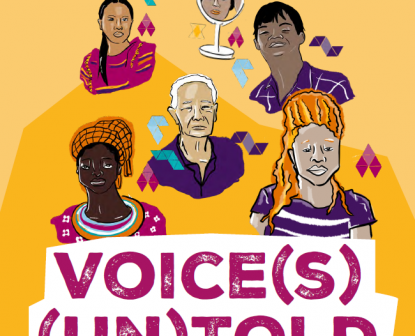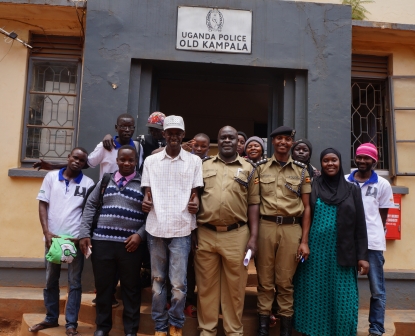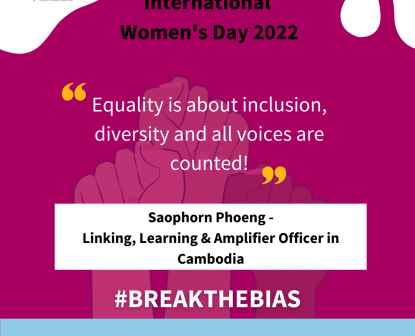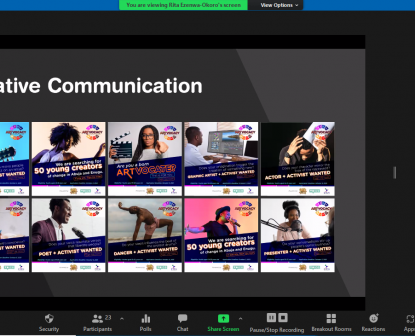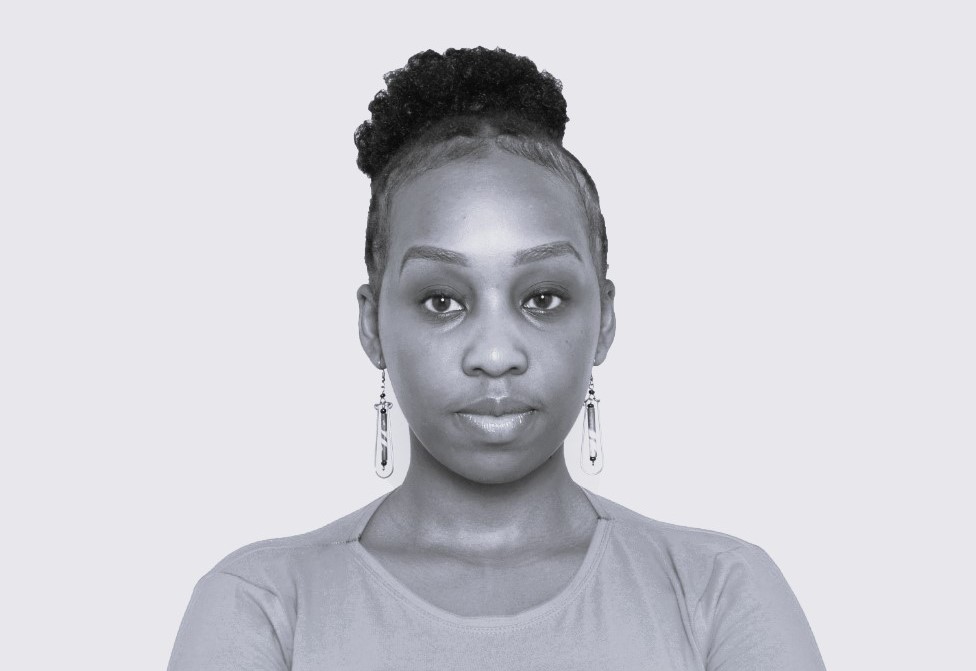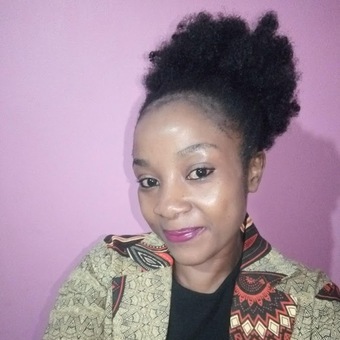
Kenya
Grant distribution
Latest Voices
Open Calls for Proposals
 28 Empowerment grants
28 Empowerment grants  13 Influencing grants
13 Influencing grants  20 Innovate and learn grants
20 Innovate and learn grants  4 Sudden opportunity grants
4 Sudden opportunity grants -
No Open Calls at the moment in this country. Come back later!
-
Kenya is a middle-income country with the largest and most diversified economy in East and Central Africa. The government has driven social, economic and political development with notable reforms in a number of areas. We live in a rapidly changing world – some changes may be for the better – others not so much. In order to continue to ground Voice in local lived realities, a country context analysis is organised every other year, engaging many stakeholders, grantees and rightsholders. The analysis is used to frame Calls for Proposals, to support the applications of grant-seekers and to advance the overall learnings .Below follows a summary of the exercise conducted in 2022, capturing the many views and perspectives of Kenyans. The summary is structured by presenting the big picture and slowly but surely to zoom in on the voices and aspirations of the rightsholders and to zoom out again by sharing the way forward for Voice. This page can also be downloaded at the bottom of the page. A detailed report is available upon request. Please contact Kenya@voice.global
Zooming Out
The big picture
-
The Human Development Index is an index that combines data on life expectancy, education, and per capita income to rank countries. In 2019, Kenya ranked number 147 globally in the HDI, which has worsened over the years. However, overall there has been an improvement in the HDI indicators since 2016 by 1.9%.
-
The IHDI measures the human development cost of inequality, or the overall loss to human development due to inequality. The closer to 1 the more equal a society is. The IHDI can inform policies towards inequality reduction. Whereas HDI in Kenya has improved since 2016, the human development cost of inequality has increased from 0.153 in 2016 to 0.161 in 2020, which is an increase at a rate of 5.2%.
-
The GII is an inequality index, measuring the human development costs of gender inequality economically, health- and education-wise. The closer to 0 the better. In Kenya gender inequality has marginally reduced since 2016 but is still on the lower end.
-
According to the independent Civicus Monitor which started in 2016, civic space has been obstructed since 2016. It is often characterised by disruptions to peaceful assembly, police harassment and brutality e.g. during the enforcement of curfew due to Covid-19 regulations.
Behind the numbers
From the ups and downs of the ongoing COVID-19 pandemic to the war between Ukraine and Russia, the year 2022 was a mix of everything that could potentially affect the general population. The elections presented an opportunity for both negative and positive impacts on rightsholder groups. Positive in that it was an opportunity for rightsholder groups to actively participate in the democratic process. Negative in that election periods in Kenya are historically chaotic and the subsequent violence affects rightsholder groups even worse.
With the elections behind it, Kenya is gearing for a new regime. There is a need now more than ever to work towards protecting the human rights of rightsholder groups. There is a need to strengthen the capacity of grantee partners who contribute to the larger civil society to advocate for human rights and dignity of rightsholder groups strategically. This can be achieved through intentional creation of partnerships and networks to ensure an intersectional lens of looking at social injustices.
Political shifts
Kenya is a multi-party democratic state and political rights are guaranteed in the 2010 Constitution. Yet, these rights have been violated time and again by the political leadership. In May 2021, the High Court declared the Constitution Amendment Bill 2020 — an outcome of the Building Bridges Initiative (BBI) initiated by The President and the Leader of Opposition—unconstitutional. Many rightsholder groups interviewed argued that the BBI debate led to more division and the polarisation increasingly played out during the 2022 general election period.
The 2022 general elections were special as they marked the third elections since the promulgation of the new constitution and the one where most women were elected to power in different positions and also the only elections since 2010 where a woman was statistically on the verge of becoming Kenya’s first female vice president.
Post the declaration of the election results, there was a petition filed in the Supreme Court of Kenya that sought to challenge the validity of the presidential results. This saw an in-depth analysis of the conduct of the elections with the Supreme Court deciding that the results of the presidential elections were valid. Subsequently, the president elect was inaugurated, and a new government ushered in.
Economic shifts
The Government of Kenya is currently implementing its Third Medium Term Plan (MTP) of Vision 2030 which is aligned with the Sustainable Development Goals (SDGs). At the county level, all the 47 County Governments are implementing the Second-Generation County Integrated Development Plans (CIDPs). At the beginning of 2020, it was projected that Kenya’s economy would grow to 6.1 per cent as compared to 5.4 per cent in 2019, which was a decline from 6.3 per cent in 2018. In 2021, the economy started to recover, albeit slowly as the vaccine rollout began, and the government initiated social protection plans. The expected growth has however been affected by the impacts of the invasion of locusts that damaged crops, the effects of floods and drought that affected people’s livelihood activities and the continuing fallout of COVID-19.
The Government of Kenya launched the 8-point Economic Stimulus programme to protect the public and businesses from the effects of COVID-19 and other economic challenges. The program focused on improving infrastructure, education, small and medium enterprises (SMEs), health, agriculture, tourism, and manufacturing. As a result, there is an opportunity to increase rightsholders’ capacity to engage in these areas and ensure that public resource allocation is tailored to their requirements and their situation.
Social shifts
Kenya’s government has made considerable strides in improving the country’s social protection system. The goal of the social protection sector is to decrease poverty, promote equitable growth and social inclusion, and respond to disasters like drought. Government-managed social protection programmes exist, such as Persons with Severe Disabilities Cash Transfer, Older Persons Cash Transfer, Cash Transfer for Orphans and Vulnerable Children Cash (CT- OVC) and the Hunger Safety Net Cash Transfer. There has been increased publicity and awareness about the existence of these programmes, and the poor in society are accessing them.
As part of COVID-19 prevention and response measures the health sector is increasingly getting much needed attention, focus and investments, especially due to the challenges being experienced and lessons learnt in the prevention and response to COVID-19, which warrants the strengthening of Kenya’s health care system. The Government is putting more investment in the education sector, especially in learning infrastructure and ensuring water, sanitation and hygiene systems in schools.
Population-related data is also readily available for local levels of governance, which provides an opportunity for appropriate decisions making especially in planning, targeting and resource allocation. Education, health, water and sanitation, urbanization and housing are among the key sectors that are part of the Social Pillar of Kenya’s Third MTP.
(Invisible) power shifts
Counties have also enacted legislation aimed at operationalizing national-level policy and legal frameworks. There are opportunities created by this shift, which have resulted in economic and social development for rightsholders on various fronts as outlined below:
- Access to land: this is evidenced by the enactment of various acts of parliament for example, the Land Evaluation (Amendment) Act of 2019, the Community Land Act of 2016, the Physical Planning and Land Use Planning Act of 2019, the Forest Conservation and Management Act (Amendment) Bill of 2021 and the Land Laws (Amendment) Act of 2016.
- Access to health: this is evidenced especially with the establishment of National COVID-19 Emergency Response Plan to compliment other health legal framework in place through the Health Act of 2017 and the New-born, Child Health and Adolescents Policy of 2018.
- Protection of economic resources: this is evidenced with the putting in place the Protection of Traditional Knowledge and Cultural Expressions Act of 2016.
- Protection against torture: this is evidenced by the enactment of the Prevention of Torture Act of 2017 to domesticate and localise the Convention Against Torture (CAT).
- Civic Participation: this is evidenced by the enactment of the Political Parties (Amendment) Act of 2022 among other various public participation pieces of legislation and policies.
Collectively, these statutes have provided a legal framework for rightsholder groups to have autonomy over their resources, protection from state interference and provided avenues to safely and confidently advocate for their needs. COVID-19 presented a challenge for in person engagement, and this opened up the limitless possibilities of technology. As such the Computer Misuse and Cybercrimes Act of 2018 in combination with the Data Protection Act of 2019 were put to the test.
Covid-19 related shifts
The COVID-19 pandemic was noted to have negatively impacted persons with disabilities, especially in terms of limited access to food aid and government emergency support. People with visual impairments rely on touch to understand their surroundings. During the COVID-19 outbreak, however, people were unwilling to assist them by touching them. This made it more difficult for them to move around and be self-sufficient. As for the deaf, they rely on lip-reading as part of their communication. The mandatory use of face masks made it difficult for them to communicate with others. Additionally, respondents reported increased cases of mental health challenges for the deaf due to long periods of isolation that hindered communication.
COVID-19 impacted GBV prevalence and adolescents and women with disabilities as particularly vulnerable groups. At the peak of COVID-19 infections, community-based prevention, shelters, and legal services were greatly impacted. As highlighted, women have realised expanded economic, social and political space during this context analysis period. The health laws have expanded the space for women to access quality and affordable health services. Like persons with disabilities, available data indicate that women have benefited from 50% of the government tenders through the Access to Government Procurement Opportunities. However, this may not be a true picture and there is need for accurate data on the proportion of women benefitting from government tenders. Many women do not have the information on the procedure for accessing government procurement opportunities.
Older persons were at risk of the COVID-19 infection. Hence, government provided directives on social distancing and avoiding travelling to the rural areas and contacting elderly persons. This kept the elderly in isolation, and many reported being lonely and battling mental health challenges. Cases of rape against the elderly have also been prevalent, particularly in the Nairobi region. It is a silent killer among the elderly and is perpetrated mainly by neighbours and relatives
There was a rise in intimate partner violence in Kenya during the COVID-19 period, and the LGBTI community was no exception. They could not report to authorities or seek medical services due to fear of stigmatization upon reporting, and unfair reporting procedures that categorise individuals either as male or female based off their physical appearance.
Zooming in
Voices behind the picture
The policies, laws and programmes described above have opened space for positive power shifts for persons with disability. Access to Government Procurement Opportunities policy where youth, women and persons with disability have access to 30% of government contracts, has continued to economically empower persons with disability through access to government contracts. Whereas previous context analysis had indicated that persons with disabilities have benefitted from 6% of the government tenders issued, respondents to this analysis argued that the published statistics do not necessarily translate to reality. There is further opportunity to utilise technology to create content for persons with disabilities, particularly the deaf, so that they are not left behind.
The Kenyan Constitution and other legal frameworks provide for equal access to productive resources such as land. Article 40 of the Constitution guarantees the right to property ownership, while Article 60 ensures equitable access to land and security. However, the reality is that there are considerable discrepancies in terms of men’s and women’s ownership of land. There is no official baseline data to track progress on the realization of women’s land rights. However, some data suggest that women’s access to and utilization of land is still dismal at 18.5% compared to 81.4% for men. Women provide for 89% of subsistence farmers’ labour force, and head 32% of households. This notwithstanding, the Kenyan society is still predominantly patriarchal, and women are consistently marginalized and discriminated against at family, community, and societal levels.
Significant progress has been made in addressing statelessness, with ethnic/indigenous minority groups such as Makonde and Shona being awarded citizenship in 2018 and 2021 respectively. Their recognition as citizens secures their rights, such as access to education, health care, employment, property ownership and access to financial services.
Furthermore, has been increasing systematic “criminalization of poverty”. Police abuse of power through extrajudicial executions and forced disappearances have been on the rise, particularly in the informal settlements and urban towns. This particularly impacts poor unemployed youth who may be pushed to engage in crime to make ends meet.
Concerning the elderly, the “Inua Jamii Initiative” cash transfer is not anchored in any law, but only through an Executive Order. Besides, there is no clear regulation on the use of the cash once transferred to the elders. Consequently, the cash tends to be diverted to other uses in the household, and not to the immediate needs of the elderly. There is need to push for a legislation that protects all age groups of elders. The funds are only accessible to persons older than 70 years old. Retirement age is 60, therefore, the group between 60-70 is vulnerable as they are not protected by the cash transfer initiative. Other complexities of old age, including anxiety and depression post-retirement, care giving burdens and general neglect of elders further exacerbated by harsh economic times need to be factored in.
Sections 162 (a)(c), 163 and 165 of the Kenyan Penal Code, Cap 163 (revised 2012) is still being used against lesbian, gay and bisexual people. This law is often cited to justify violence and discrimination against this rightsholder group. Most Kenyans cannot differentiate between LGB and transgender and intersex persons, hence the Penal Code is also applicable to them. The application to thwart these sections is still pending hearing at the Court of Appeal.
Their aspirations
Rightsholder groups in Kenyan have recognised the value of organizing in communities, alliances, coalitions as opposed to working in silos. There are various challenges facing each rightsholder groups but at the core of these challenges are some issues that apply across the groups, and it is only strategic that these challenges are dealt with through an intersectional lens.
Voice grantee partners and rightsholder groups are taking steps to work across different intersections and movements as demonstrated by the examples below:
- In the Western region, Voices of Western Women of Kenya (VOWEK) trained 27 LBQ women from Kisumu, Homa Bay and Kakamega on advocacy, fundraising and how to organise.
- Yiaku Laikipia Trust, a women-led community-based organisation, is prioritising women’s empowerment as well as the preservation of the Yiaku language, their culture and the protection of Mukogodo forest in Laikipia County in Kenya. They have created linkages with Samburu Women Trust to advocate for the rights of indigenous communities and the preservation of their culture and territories.
- Malindi Desire and Amkeni Malindi based in Kilifi County are linked to the Gay and Lesbian Coalition (galck+) and have received capacity-strengthening opportunities on human rights and policy advocacy.
With the devolved system of government in place, rightsholder groups have been presented with a rare opportunity to engage easily with the county level government and influence policy decisions especially those which affect the rightsholders groups. The 2019 population related data in Kenya is readily available for the lower levels of government, which provides an opportunity for appropriate decisions making especially in planning, targeting and resource allocation.
Additionally, the expanding Information Communication Technology (ICT) platform in Kenya provides an opportunity for sustained engagement with rightsholders through virtual platforms. Lessons learnt so far during the COVID-19 emergency response indicate that virtual/online engagements will need to be sustained. The rapidly growing digital economy in Kenya and globally provides an opportunity for research and innovation, and employment creation for age discriminated youth.
Finally, the increased government focus on climate change and environmental programmes provides an opportunity for strengthening the resilience of indigenous and ethnic minority communities towards addressing land restoration, food security and household economic strengthening through nature-based enterprises.
Zooming out
Fostering change
Having considered the different aspects of power relations and shifts facing rightsholders, risks and collaborations, the Voice programme design and implementation will be impacted or influenced by the following issues:
- Effective monitoring and evaluation of the implementation of the Constitution and laws affecting rightsholder groups.
- Effective advocacy for change of practice and comprehensive implementation of the laws and policies affecting the Voice rightsholders.
- The openness of the new government and political regime to civil society and their critiques is still being evaluated. However, some concerns have already been noted. As a result, programme design should take into consideration the best advocacy modalities of working with a government that is non-receptive to civil society.
- The programme should have deliberate projects that are directly work with or seek to influence the county governments. This can be done through influencing budget planning and implementation, preparation of county integrated development plans, preparation of the county fiscal strategy paper and county sector-based policies as well as inclusion in county governance structures.
- The social and economic effects of the COVID-19 pandemic have also negatively affected the Voice rightsholder groups as they are already experiencing marginalization and exclusion especially due to limited social safety and support. There will be a need to target the group with programmes that assist them to recover from the effects of COVID-19.
- For all the Voice rightsholder groups, there are various intersectional factors at play. In each group, there may be categories of social groups that may be most vulnerable e.g., women with disabilities, older persons from ethnic minority groups, etc.. Voice may need to consider these unique diversities when creating future programmes.
- Voice would benefit from alliances, coalitions and networks that represent the 5 rightsholder groups,. Partnerships with organizations such FIDA-Kenya, International Commission of Jurists (ICJ) Kenya and Kituo cha Sheria which are strong in the provision of legal aid, and public interest litigation for many rightsholder groups will enhance organizational synergies on areas requiring litigation and legal aid.
- Voice must be intentional in working across organisational silos to ensure outcomes are shared, and interdependence is fostered in the programme. Cross-country exchanges and communities of practice need to be encouraged to ensure sustainability.
- Data must inform programme design and implementation. Special emphasis must be given to citizen generated data that is up to-standard and that can be utilised by the Kenya National Bureau of Standards (KNBS) to inform planning. Stakeholders working on data for development need to develop platforms for citizen-led data generation from groups in society on the margins including the 5 rightsholder groups.
-
-
Grants

-
Grantee
![Project ‘Wezesha, Inua, Warembo na Wachache wa Jinsia’ (Voicing and Empowering)]()
Project ‘Wezesha, Inua, Warembo na Wachache wa Jinsia’ (Voicing and Empowering)
Amka Afrika Justice Initiative -
Grantee
![Economic Intergration of Teenage Mothers]()
Economic Intergration of Teenage Mothers
Health and Economic Development Strategy Organisation (HEDSO) -
Grantee
![Challenging Marginalization and Exclusion on digital ID and General Elections]()
Challenging Marginalization and Exclusion on digital ID and General Elections
Nubian Rights Forum (NRF) - Call for Proposal
Hakuna Chetu Bila Sisi (Nothing About Us Without Us! ): Now Us awards! V-22219-KE-IL
closing date: 25 Nov 2022Closed -
Grantee
![Connecting Voice(s) in Kenya]() Linking and Learning Facilitation
Linking and Learning FacilitationConnecting Voice(s) in Kenya
Drylands Learning and Capacity Building Initiative - Call for Proposal
Empowerment Accelerated!: Kenya Empowerment Grant! V-21182-KE-EM
closing date: 16 Jul 2021Closed - Call for Proposal
Reimagining Civic Engagement: Kenya Sudden Opportunity Grant: V-21181-KE-SO
closing date: 09 Nov 2021Closed - Call for Proposal
Faith, Freedom & Feminism: Kenya Innovate & Learn V-21179-KE-IL
closing date: 25 Jun 2021Closed - Call for Proposal
Celebrating Inclusion: Kenya Innovate and Learn Grant V-20159-KE-IL
closing date: 15 Feb 2021Closed - Call for Proposal
Coming Together, Moving Forever!: Global Influencing Grants V-20152-XG-IF
closing date: 15 Jan 2021Closed - Call for Proposal
It’s Still Our Turn To Talk! Global Influencing Grant V-20151-XG-IF
closing date: 15 Dec 2020Closed -
Grantee
![The Wealth of Our Lands (Boititap Korenyo)]()
The Wealth of Our Lands (Boititap Korenyo)
Chepkitale Indigenous People Development Project (CIPDP)
 Grantee
Grantee![Project ‘Wezesha, Inua, Warembo na Wachache wa Jinsia’ (Voicing and Empowering)]()
Project ‘Wezesha, Inua, Warembo na Wachache wa Jinsia’ (Voicing and Empowering)
Amka Afrika Justice InitiativeGrantee![Economic Intergration of Teenage Mothers]()
Economic Intergration of Teenage Mothers
Health and Economic Development Strategy Organisation (HEDSO)Grantee![Challenging Marginalization and Exclusion on digital ID and General Elections]()
Challenging Marginalization and Exclusion on digital ID and General Elections
Nubian Rights Forum (NRF)Call for ProposalHakuna Chetu Bila Sisi (Nothing About Us Without Us! ): Now Us awards! V-22219-KE-IL
closing date: 25 Nov 2022ClosedGrantee![Connecting Voice(s) in Kenya]() Linking and Learning Facilitation
Linking and Learning FacilitationConnecting Voice(s) in Kenya
Drylands Learning and Capacity Building InitiativeCall for ProposalEmpowerment Accelerated!: Kenya Empowerment Grant! V-21182-KE-EM
closing date: 16 Jul 2021ClosedCall for ProposalReimagining Civic Engagement: Kenya Sudden Opportunity Grant: V-21181-KE-SO
closing date: 09 Nov 2021ClosedCall for ProposalFaith, Freedom & Feminism: Kenya Innovate & Learn V-21179-KE-IL
closing date: 25 Jun 2021ClosedCall for ProposalCelebrating Inclusion: Kenya Innovate and Learn Grant V-20159-KE-IL
closing date: 15 Feb 2021ClosedCall for ProposalComing Together, Moving Forever!: Global Influencing Grants V-20152-XG-IF
closing date: 15 Jan 2021ClosedCall for ProposalIt’s Still Our Turn To Talk! Global Influencing Grant V-20151-XG-IF
closing date: 15 Dec 2020ClosedGrantee![The Wealth of Our Lands (Boititap Korenyo)]()
The Wealth of Our Lands (Boititap Korenyo)
Chepkitale Indigenous People Development Project (CIPDP) -
Link + Learn


Voice Kenya
Hivos East Africa Regional Office
ACS Plaza, 3rd Floor Lenana Road
P.O. Box 19875
00202 Nairobi, Kenya
Tel: +254 725 451 729
Fax: +254 789 451 729
kenya@voice.global

